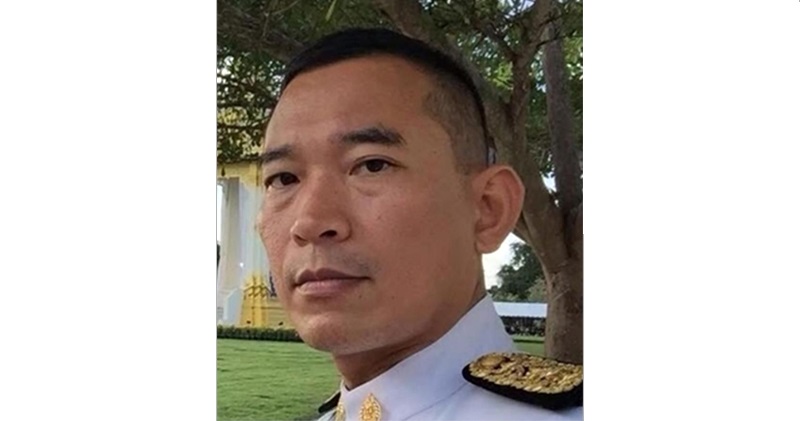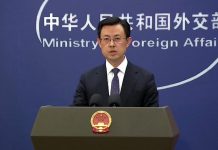 Bangkok (AP) — A suicide attempt by a judge in Yala who accused his superiors of interfering with his verdicts has highlighted questions about judicial independence and fairness.
Bangkok (AP) — A suicide attempt by a judge in Yala who accused his superiors of interfering with his verdicts has highlighted questions about judicial independence and fairness.
Khanakorn Pianchana, a lower court judge in the southern province of Yala, shot himself in the chest with a pistol in his courtroom Friday. He acted just after acquitting five defendants of murder and firearms charges that could have condemned three to death. He was reported Saturday to be in stable condition.
A 25-page memo attributed to him that circulated online after his suicide attempt accused his superiors of trying to force him to change the verdicts to guilty. Supervising judges are allowed to see lower court rulings before they are issued — one of Khanakorn’s major complaints.
Khanakorn’s statement was reported to have been posted on his Facebook page, along with a short video of him with similar accusations. They could not be found there, however, after copies began circulating elsewhere.
Khanakorn contended that the evidence did not support a guilty verdict.
Court spokesman Suriyan Hongvilai told reporters Khanakorn’s action was due to personal stress, but several law experts suggested it supported allegations that the judiciary was open to manipulation.
Two phrases employed by Khanakorn struck a chord Saturday with social media users: “Return the verdict to the judge. Return justice to the people.”
Thailand’s court system has long been criticized, generally over charges of corruption but more recently for an allegedly political bias. Previous attempts to reform the judiciary have been bitterly resisted, and the courts still spurn most criticism.
Potential problems were more acute in the deep south, including Yala province, where a Muslim separatist insurgency has led to about 6,000 deaths since 2004 amid accusations of army brutality in trying to counter it. Thailand is overwhelmingly Buddhist while its three southern provinces have Muslim majorities.
Khanakorn’s statement made several references to the south’s security situation. He said that confessions obtained from alleged insurgents in harsh conditions of detention were not convincing evidence — a point frequently raised by rights activists, who have accused the army of using torture.
He also recounted that in an earlier case, he was pressured to ease the sentences against three soldiers involved in killing a civilian because he was told they were carrying out their state duties.
The statement also detailed other complaints, about the pay and working conditions of judges in the lower courts. But it stressed his desire to change the law in order to keep senior judges from reviewing the verdicts of lower court justices before they are issued.
Yingcheep Atchanont of the independent justice watchdog group iLaw expressed his “respect” for Khanakorn.
“As one of the people who are campaigning for judicial reform, I always believe that there are judges who have principles and dare to break the system but never know where they are. Thank you for letting us know that our belief is true and that there is hope,” he wrote in a post.
Piyabutr Saengkanokkul, a former law lecturer who is a prominent lawmaker with the popular left-of-center Future Forward Party, said he had previously received information about the case that triggered the judge’s protests, and it confirmed “that Khanakorn’s decision wasn’t about his personal stress but it is about intervention into the justice system.”
He said he would help publicize the judge’s concerns and repeated his calls to “return the verdict to the judge. Return justice to the people.”




